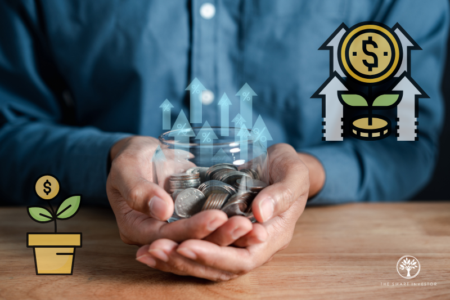It seems that some of us might have turned into amateur epidemiologists. We think we know more about the deadly COVID-19 pathogen than even medical experts do. More worryingly, there are some political leaders out there who think that they are so knowledgeable about the virus that they have turned into armchair pharmacologists. They tout untried and untested cures and remedies in the same way that snake-oil merchants in the Wild West used to promote universal elixirs for longevity and cures for baldness.
It’s understandable why we would want to cling to the slenderest of hopes of a panacea. We, humans, are gregarious by nature. We crave social interaction. We want to be economically active. We don’t enjoy being locked down. We want to be out and about. Consequently, we want to know when this nightmare will end. We want to know when we can return to normalcy. That said, some people reckon that we will never be able to return to the way things once were. They say that this time it really is different.
The patient investor
But it is only different if our time horizon isn’t long enough. Admittedly, things look awful right now, which is why we investors need to be patient. For at least a couple of quarters or more, it will feel as though we are fumbling around in the dark. That said, if we have invested in businesses that are durable, then chances are that they should be able to weather the corona crisis. Some could even come through this pandemic stronger as weaker competitors fall by the wayside.
The harsh reality, therefore, is that not every company will survive this health crisis that has turned into an economic disaster. Highly indebted businesses without resolute shareholder support could find that their finances have been built on sand, and that their growth projections were nothing more than sticking a wishful finger in the air. They were doomed from day one. But strong global growth and abundant credit had helped to mask their inherent deficiencies.
Locked down
Those weak companies should always be avoided at any price. As income investors, we should be focussed on businesses that can reward us in both the good times as well as the rough.
More importantly, one or two bad quarters doesn’t turn a good company into a bad one. But the market is treating just about every listed company as a basket case. They believe that not only countries have gone into lockdown but that dividends have been permanently locked down too. That is just not true.
The point is, irrational market behaviour should not be news to us. The market has a way of being overly exuberant when shares are rising and excessively pessimistic when they are falling. However, sensible investors must always remain rational. We need to have a checklist that we should measure every company that we are interested in against.
Essential readings
Here are some of the things that we should look out for. For example, has the business been able to deliver a good return on equity? This is not just desirable, but it is the rocket fuel that is needed for driving growth.
Has the company been able to grow its dividend over the last five years? Dividends are an important sign of a management’s commitment to distribute some of the profits to shareholders.
Are the shares yielding above the market average? The company should also generate enough money to cover the payment of those dividends to shareholders. Paper profit is not enough in these tough times. It is more vital that the company can generate free cash flow to cover the dividends.
But here’s the thing. Income investors should not be guided solely by what a company might do with its dividends over the next few quarters. These are unprecedented times. But bear in mind that dividends are about sharing the spoils that a company could make over the long term. The key, therefore, is the long term.
To cut or not to cut?
Some companies might decide that it could be better to cut, shelve or even pass on their dividend payments for now in order to bolster their balance sheets for the future. They should not be punished for their laudable actions. It is crucial that they avoid putting the long-term health of the business at risk in exchange for short-term gratification.
Income investors who have a balanced portfolio might see some impact on the income they receive in the short term. That is understandable under the current circumstances. A reduction in income isn’t the end of the world. Many people around the world have seen their incomes evaporate, completely. As Warren Buffett once said: “Be content with moderate gains.” We will get through this. We just need to be patient.
Want to know what stocks we like for our portfolio? See for yourself now. Simply CLICK HERE to scoop up a FREE copy of our special report. As a bonus, we also highlight 6 blue chips stocks trading at a 10-year low. But you will want to hurry – this free report is available for a brief time only.




